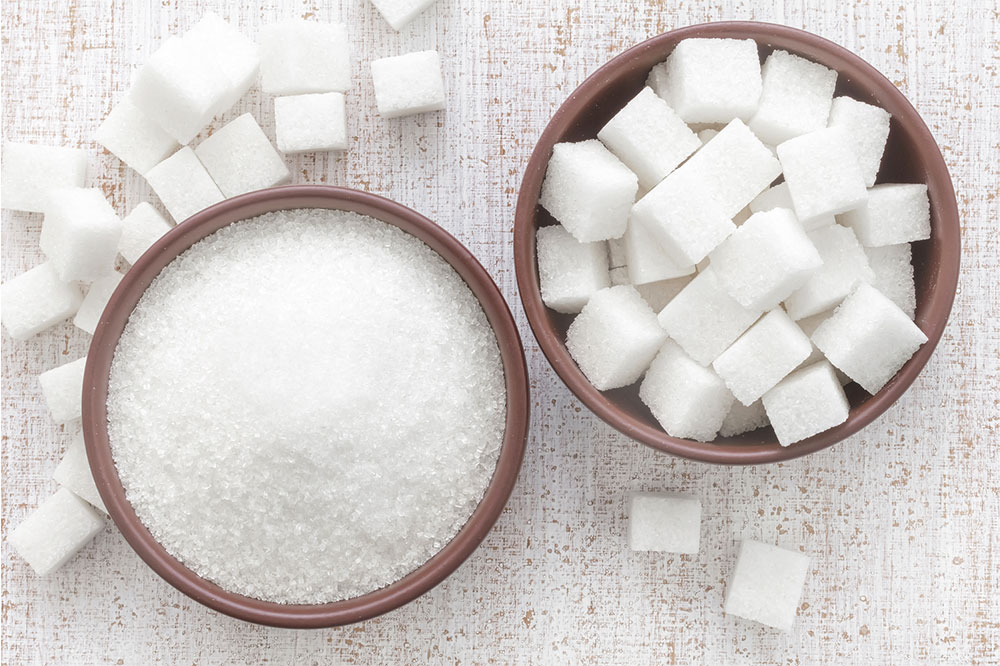7 Indicators of Excessive Sugar Consumption
Excess sugar intake can lead to weight gain, high blood pressure, skin issues, fluctuating energy, sleep disturbances, mood swings, and joint pain. Recognizing these signs helps in making healthier dietary choices and reducing health risks associated with high sugar consumption.
Sponsored

Sugar is a highly addictive ingredient found in many foods and beverages. With the abundance of processed snacks and fast food, avoiding high sugar intake is challenging. While some individuals monitor their diet closely, others may unknowingly consume too much sugar daily. Recognizing the signs of excess sugar consumption is crucial for maintaining health.
Unexplained Weight Gain
Sugars are rapidly processed for energy but lack nutritional value, leading to hunger and overeating. Many processed foods contain empty calories without protein, fiber, or healthy fats to satisfy hunger, contributing to weight gain.
Elevated Blood Pressure
High sugar intake has been linked to increased blood pressure. Excess glucose can damage blood vessel linings, making them more prone to cholesterol buildup, narrowing arteries, and impairing blood flow.
Skin Breakouts and Aging
Consuming too much sugar stimulates androgen production, leading to acne. It can also cause skin dullness and accelerate the appearance of wrinkles. Hydrating well and detoxifying can help skin health.
Energy Fluctuations
Rapid digestion of sugar leads to quick energy spikes followed by crashes, leaving you tired. This cycle intensifies cravings, causing sustained low energy levels.
Sleep Disturbances
Studies show high sugar consumption can impair sleep quality. Balanced blood sugar is essential for restful sleep.
Mood Swings and Irritability
Excess sugar increases inflammation, impacting mental health and causing mood swings. Insulin spikes after sugar intake influence brain function, leading to irritability.
Craving for Sweets
Sugar triggers dopamine release, creating feelings of pleasure. This hormone response fuels ongoing sweet cravings, creating a cycle that's hard to break. Choosing whole foods can help manage these urges.
Joint Pain
High sugar levels may contribute to systemic inflammation, triggering joint pain, especially in individuals with rheumatoid arthritis. Recognizing food triggers can help manage symptoms.






